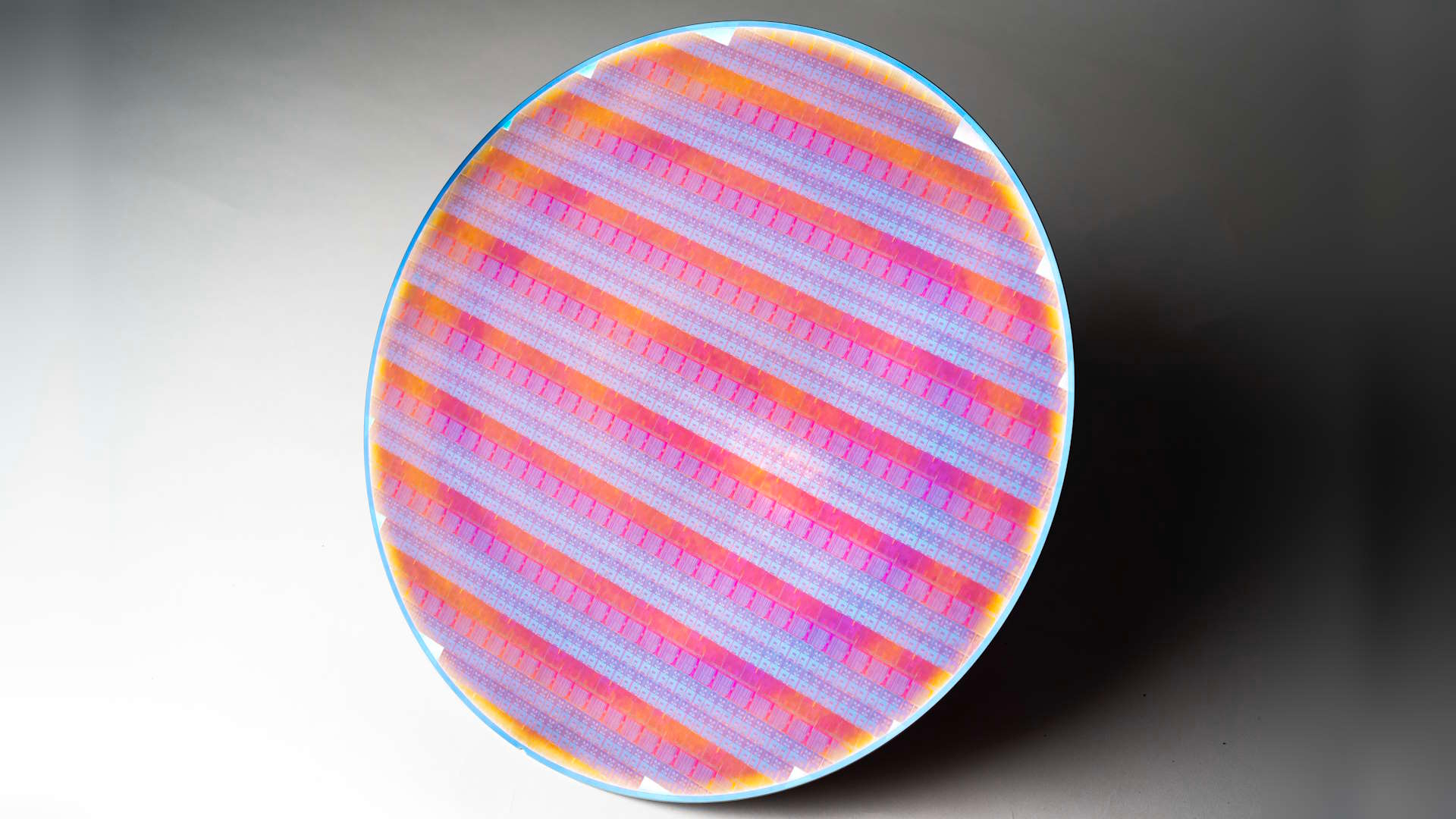[ad_1]

Over the previous few years, governments all over the world have been scrambling to spice up home semiconductor manufacturing. The explanations are many. Defending provide chains, decreasing reliance on Taiwan’s TSMC, financial protectionism and nationwide safety are all legitimate causes to spice up home chip manufacturing. The EU is the newest physique to take go laws. It is handed its personal Chips Act, which allocates €43 billion ($48 billion) to help EU primarily based semiconductor manufacturing.
The invoice seeks to foster the event of a European industrial base by creating favorable situations for funding, schooling, and analysis and growth to help a wholesome chip manufacturing trade over the long-term.
“With the Chips Act, Europe will probably be a frontrunner on the planet semiconductors race. We are able to already see it in motion: new manufacturing crops, new investments, new analysis initiatives. And in the long term, this may also contribute to the renaissance of our trade and the discount of our overseas dependencies,” Héctor Gómez Hernández, Spanish minister for trade, commerce, and tourism, stated of the event.
Intel has already taken steps to extend European chip manufacturing, signing a 30-billion euro take care of the German authorities to construct amenities in Magdeburg, Saxony-Anhalt. It is also set to increase its presence in Kiryat Gat, Israel.
TSMC can also be increasing within the USA, although its not going to plan as a consequence of a scarcity of expert staff. That final level is a serious roadblock to any chip manufacturing growth plan. Bleeding edge facilites do not run themselves, and educating hundreds of staff takes years and quite a lot of funding.
The EU invoice follows within the footsteps of comparable actions taken by many governments to shore up home chip manufacturing. The US Chips and Science Act is one instance. Ever because the Covid-19 pandemic wreaked havoc on world semiconductor provide chains, governing our bodies have been scrambling to forestall a repeat. However home chip provide is not being sought solely for financial causes. If you begin throwing phrases like “nationwide safety” into the combination, it is clear that governments will solely improve actions to safe chip provides.
A dependable home chip provide trade is seen as important to the safety of a rustic. Militaries want chips too. Issues like missiles, drones, sign intelligence and communications all depend on superior chipmaking tech, and nations clearly wish to maintain their most essential tech secrets and techniques in-house.
Maybe the very best instance of this pertains to Russia. Restrictions on chip gross sales make up a part of the sanctions towards Russia in retaliation for its invasion of Ukraine. These restrictions assist stop it from changing dwindling weapon stockpiles.
As demand for chips within the fields of AI, robotics, and automation skyrockets, nations merely don’t wish to share. The continuing tit-fot-tat tech conflict between the USA and China is a working example. The US authorities would not need firms like Nvidia promoting its most superior AI applied sciences to China.
The reliance on Taiwan’s TSMC is a significant factor too. Ought to China and Taiwan go to conflict, or a pure catastrophe hits the earthquake and hurricane susceptible island, world chip provides can be decimated, resulting in financial calamity. Throw the small matter of a world pandemic into the combination and the EU’s pondering behind its Chips Act turns into clear.
[ad_2]
Source link


